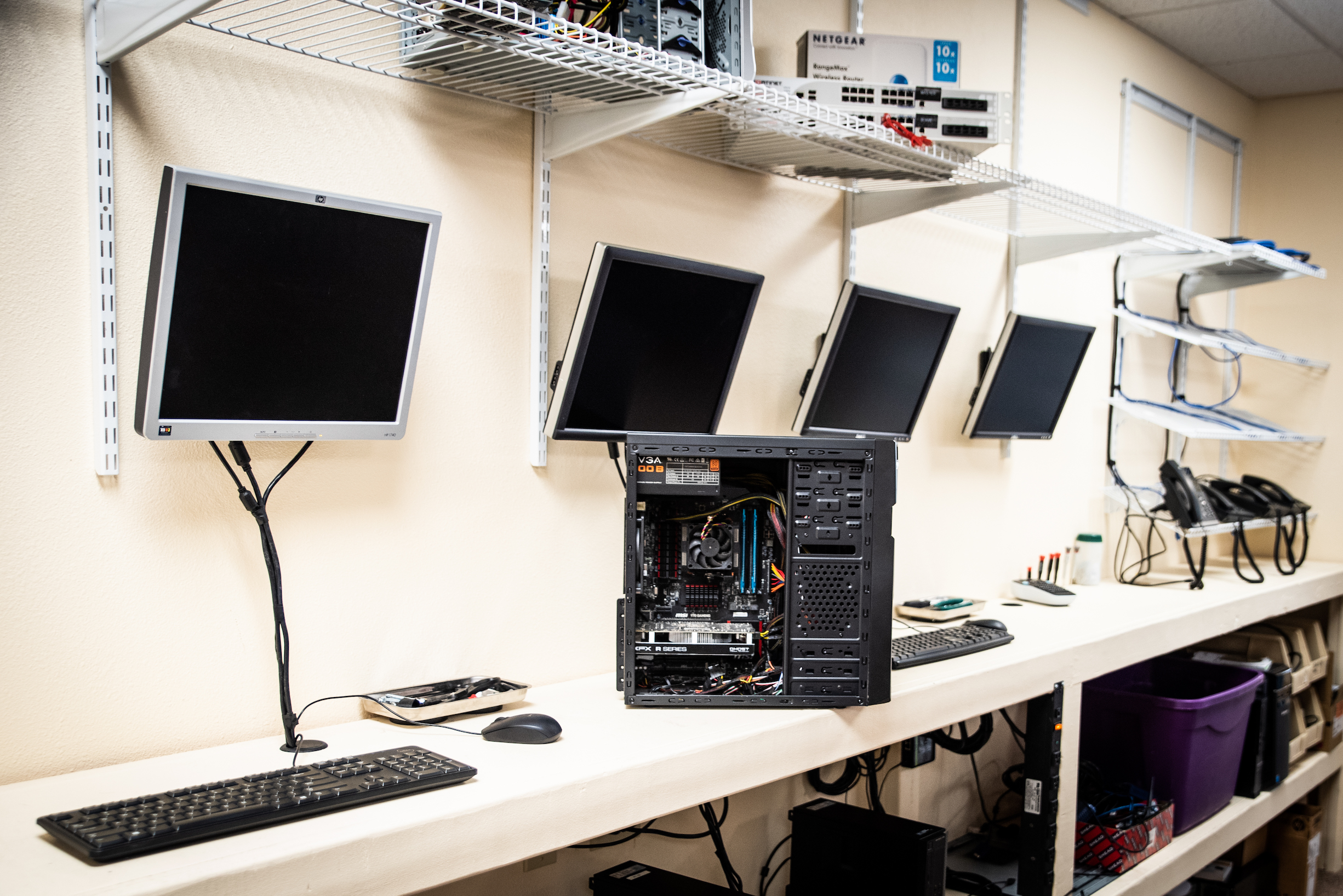According to the Small Business Administration (SBA), over 99% of United States businesses have less than 500 employees. That means that small-to-medium sized businesses represent a massive opportunity for cyber criminals, especially as those businesses often do not have the sophisticated tools that the titans do in order to protect security.
Not only do SMBs often lack up-to-date tools, but staying properly apprised of the latest skills and knowledge is also nearly impossible for smaller operations. In 2018, nearly 60% of SMBs suffered cyber attacks, but only 36% of those organizations planned to increase their 2019 cyber security budget. This is a stark example of how many SMBs are vulnerable to cyber crime and malware attacks.
“Cybersecurity is clearly a concern that the entire business community shares, but it represents an especially pernicious threat to smaller businesses. The reason is simple: small and midsize businesses (“SMBs”) are not just targets of cybercrime, they are its principal target. In fact, the majority of all targeted cyberattacks last year were directed at SMBs.” (Source: The Securities and Exchange Commission (SEC)’s Public Statement)
Free eBook: Cybersecurity Built For Your Business, Budget and Staff
Security Solutions for the Midsize and Distributed Enterprise.
The SEC also has indicated that most small businesses are not prepared to effectively deal with a cyberattack without assistance. Their survey revealed that 27% of SMBs have no cybersecurity protocols at all. And although the other companies have some form of cyber security procedure in place, 60% of those plans will not effectively protect them. These vulnerabilities are too attractive for criminals to pass up – it is low hanging fruit of both money and personal data.
SMBs looking to strengthen their cyber defense need to assess how they address employee training and education, obtaining software tools, hiring skilled professionals and setting up around-the-clock monitoring. Up-to-date technology designed to protect against threats and vulnerabilities exists, but often can’t make it into the budget due to financial restraints.
The SEC concluded that most SMBs simply lack the ability to financially support a full-blown effort to protect security. However, putting everything in place themselves is too expensive for virtually all small businesses. This is how managed service providers (MSPs) are emerging as the most cost effective way to protect security.
- IT staff without proper skills and training face an difficult situation when dealing with sophisticated cyber criminals. Each company has data specific to its individual business plan, and has unique networks and systems that need protection. But IT staff generally have too much on their plate day to day to stay on top of the best ways to protect security. MSPs employ teams with deep experience and knowledge who can prioritize your specific needs and protect you best.
- MSPs can utilize economies of scale to purchase state-of-the-art equipment and software which can be utilized by multiple companies. This gives SMBs the advantage that they couldn’t gain on their own – they now have the latest equipment, the most stringent cyber security tools, and 24 x 7 monitoring by professionals. Next-generation firewalls and robust backup and recovery are tools made available to small business through the managed services model and saving them a lot of money.In short, managed services providers protect security by proving small and medium sized business with tools and intelligence that will put them in league with larger companies. If your small business is interested inl earning more about how to catapult your business to the forefront of security and efficiency, call Alliance IT today.

